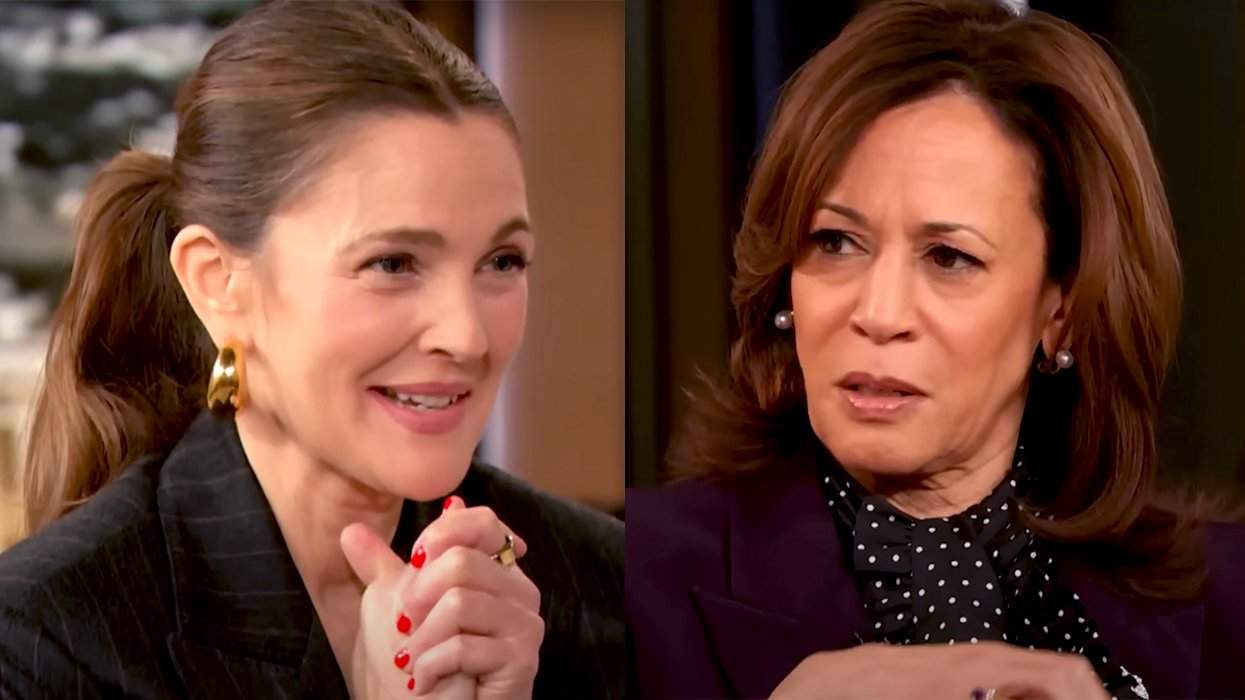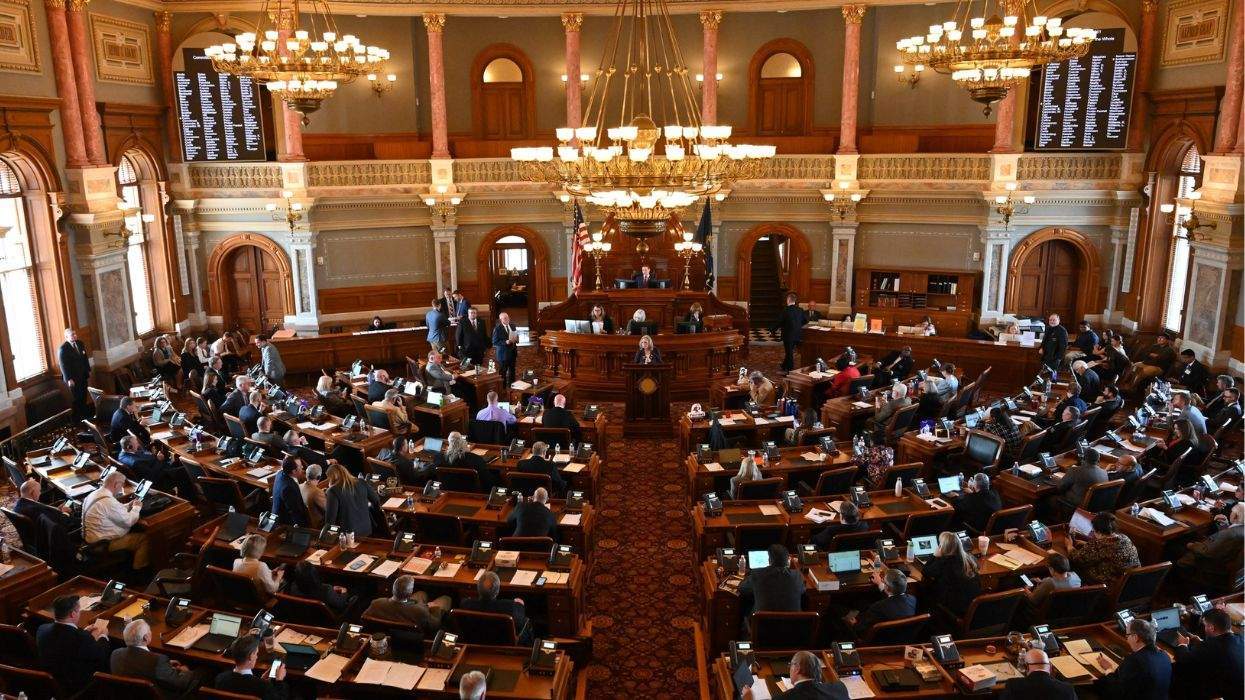It’s become not-so-surprising to see political leaders on daytime, late-night, and comedy shows during election seasons. In part to humanize the person behind the office. But, naturally, to ensure they reach a certain audience that may be unreachable — though in the age of social media, it seems possible to reach more now than ever.
This week, Vice President Kamala Harris appeared on the Drew Barrymore Show. Among the “humanized” moment was a discussion on VP Harris being a stepmom, nicknamed “Momala” to her stepchildren. Drew Barrymore decided to return to that moment and, true to her affectionate form — while holding hands with the first Black and Asian woman to rise to one of the highest offices in the country — told the vice president that the country needed a “Momala” in her.
Let’s unpack this.
While meant to be an affectionate, endearing moment, it calls to light the ongoing expectations for Black and brown women and femmes to be caretakers, fixers, and social compasses. This moment also serves as a troubling legacy in this country, where their bodies are confined to roles that require immense nurturing and support at the demise of their own identity and needs.
From “Mammy” to “Momala,” the roles of Black women in American society as loyal and submissive caretakers have echoed from the time of slavery to the age of social media. There are expectations to always “step up” and solve problems in our families, personal social groups and networks, communities, and the nation at large. Praise may be given for their resilience and strength, but this can sometimes feel like a yoke, an expectation to bear burdens silently and with a smile.
The “Momala” moment on the show may seem like an endearing acknowledgment. Still, it underscores a broader expectation for women and femmes to adopt a maternal, conciliatory role even in professional settings where such personal dynamics shouldn’t be relevant.
Black and brown leaders must be accessible, nurturing, and perpetually responsible for fixing things — the faster, the better. At the same time, their leadership can be scrutinized to a contradictory level: be firm but not intimating, assertive but not aggressive, caring but not too emotional. These expectations distract and detract from their initiatives and qualities. The stakes are even higher in the public-political arena where Harris operates.
The pressure to be fixers, healers, leaders, confidants - everything to everyone - is a tiresome narrative that denies Black and brown women and femmes their full humanity. It’s not just letting go of a nickname but challenging the notion they are here to serve and fix with grace. Implicitly, expectations that pay homage to the mammies of centuries past, a vestige of slavery, morphed but not disappeared.
Worse, the expectation of serving as society’s caretakers often does not match equitable compensation or recognition. They’re overworked and underpaid, though their labor is often seen as a treasured resource exploited endlessly without exhaustion.
I Am Not Your Negro, a documentary by Raoul Peck, presents the tragic history of race and racism in the United States through some of James Baldwin’s famous works. “I am not your Momala,” in a parallel sense, is a rallying cry for Black and brown women and femmes, a rejection of long-believed expectations that their worth is connected solely to how they nurture a community, institution, or nation that doesn’t always reciprocate their love back or respect their boundaries. It’s a declaration that they’re more than the sum of the roles society foists upon them.
It’s time to understand that Black and brown women and femmes are not bound to be the nation’s Momalas, caretaking and healing the needs of the many. They’re individuals with their desires, limits, and ambitions.
For the record, I adore Drew Barrymore. I love her warmth, her genuineness, and the love she shows to her guests and audience. I would never assume her notion was meant to be rude or disrespectful to Harris, the office she maintains, or the woman she is within the private and public spheres. But it reflects the need to readjust how society sees Black leaders like Madam Vice President for who they are: complex and capable individuals whose contributions go beyond their capacity to nurture.
So, let's challenge and reject narratives that confine and define Black and Brown bodies by their perceived utility to others. Instead, let’s recognize their leadership and capabilities without preconditions or stereotypes.
After all, Black and Brown women and femmes are not here to fix everything — they’re here to lead, inspire, and thrive on their terms.
Marie-Adélina de la Ferrière is the Community Editor at equalpride, publisher of The Advocate, Out, Out Traveler, Plus, and Pride.com.
Want to share an opinion on an issue? Have an inspiring personal story to tell? Visit advocate.com/submit to learn more.
Views expressed in Advocate.com’s Voices articles are those of the writers and do not necessarily represent the views of The Advocate or our parent company, equalpride
















